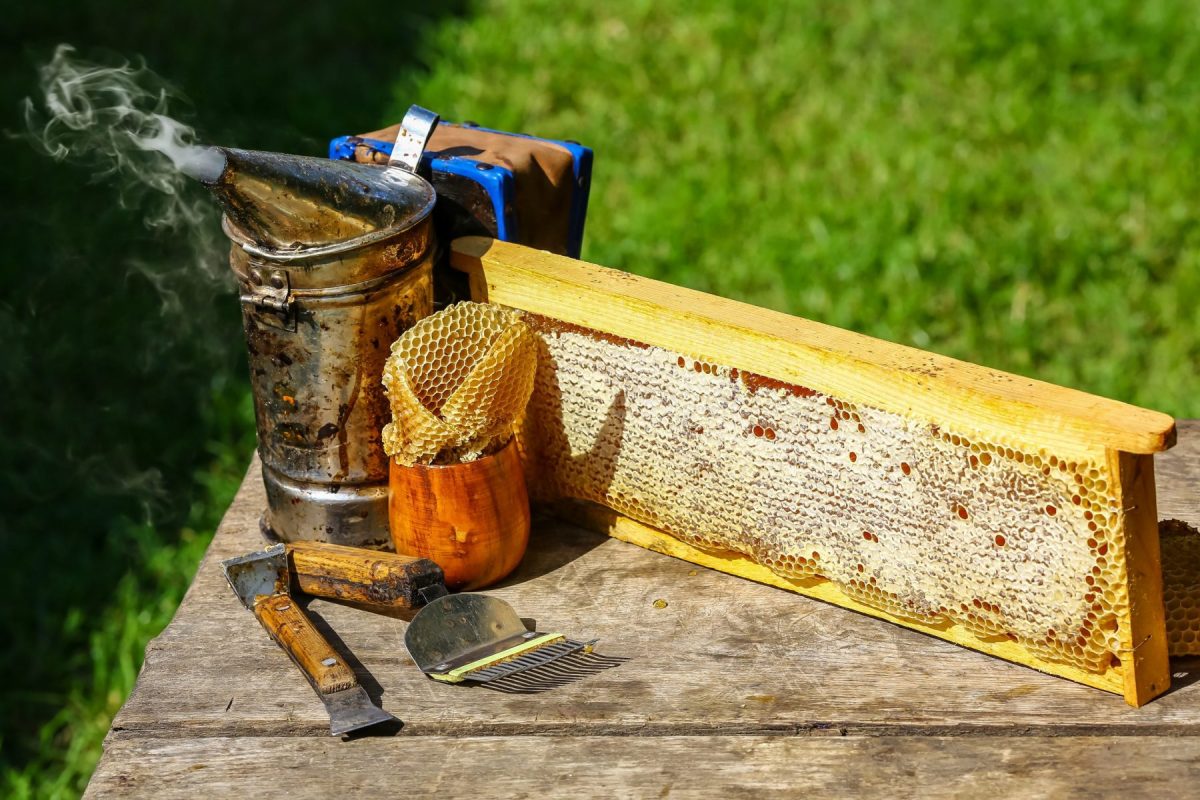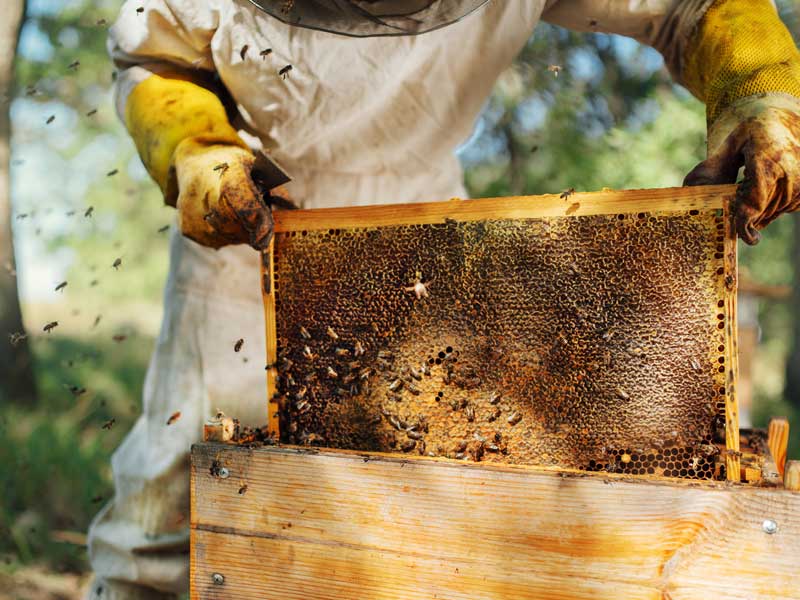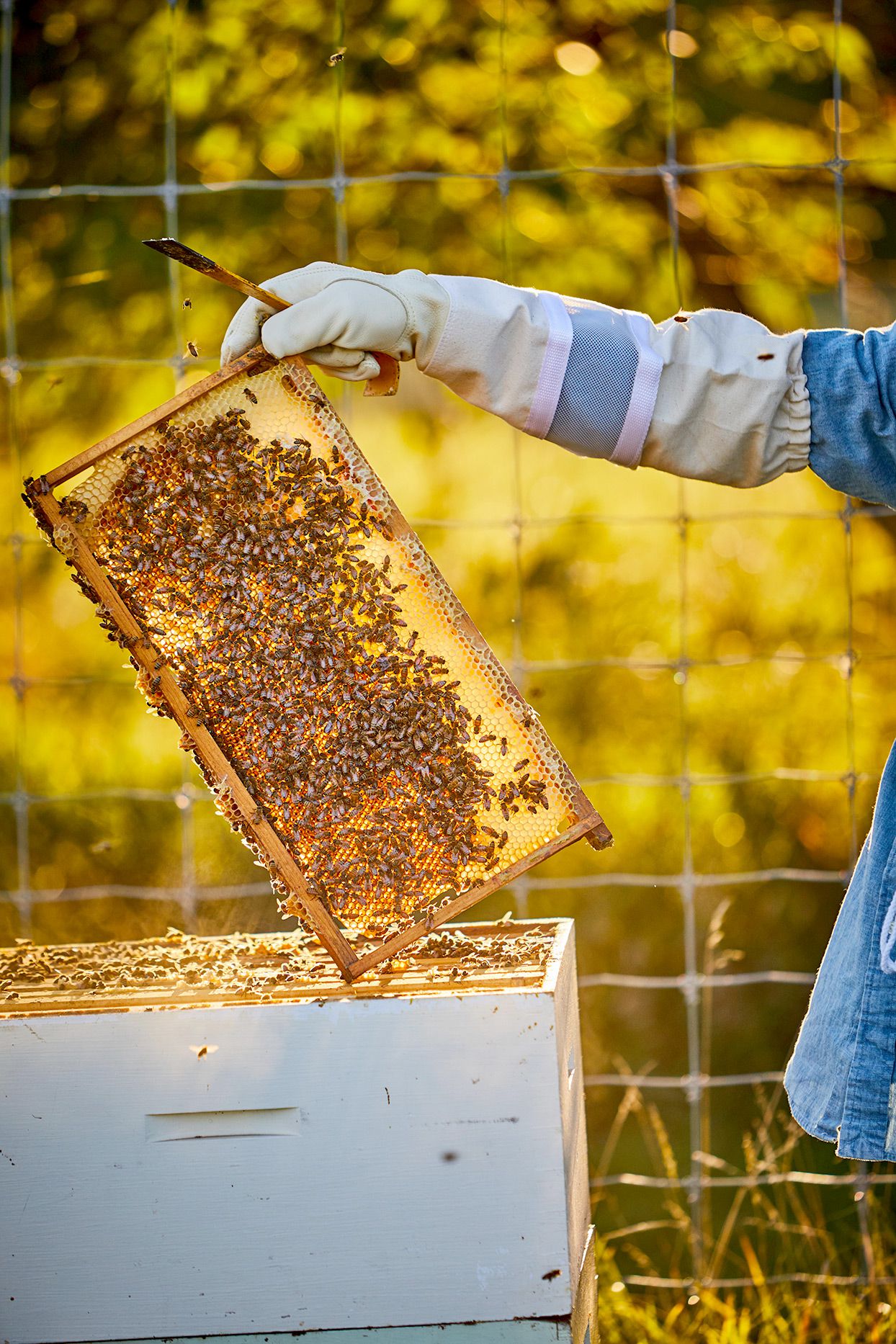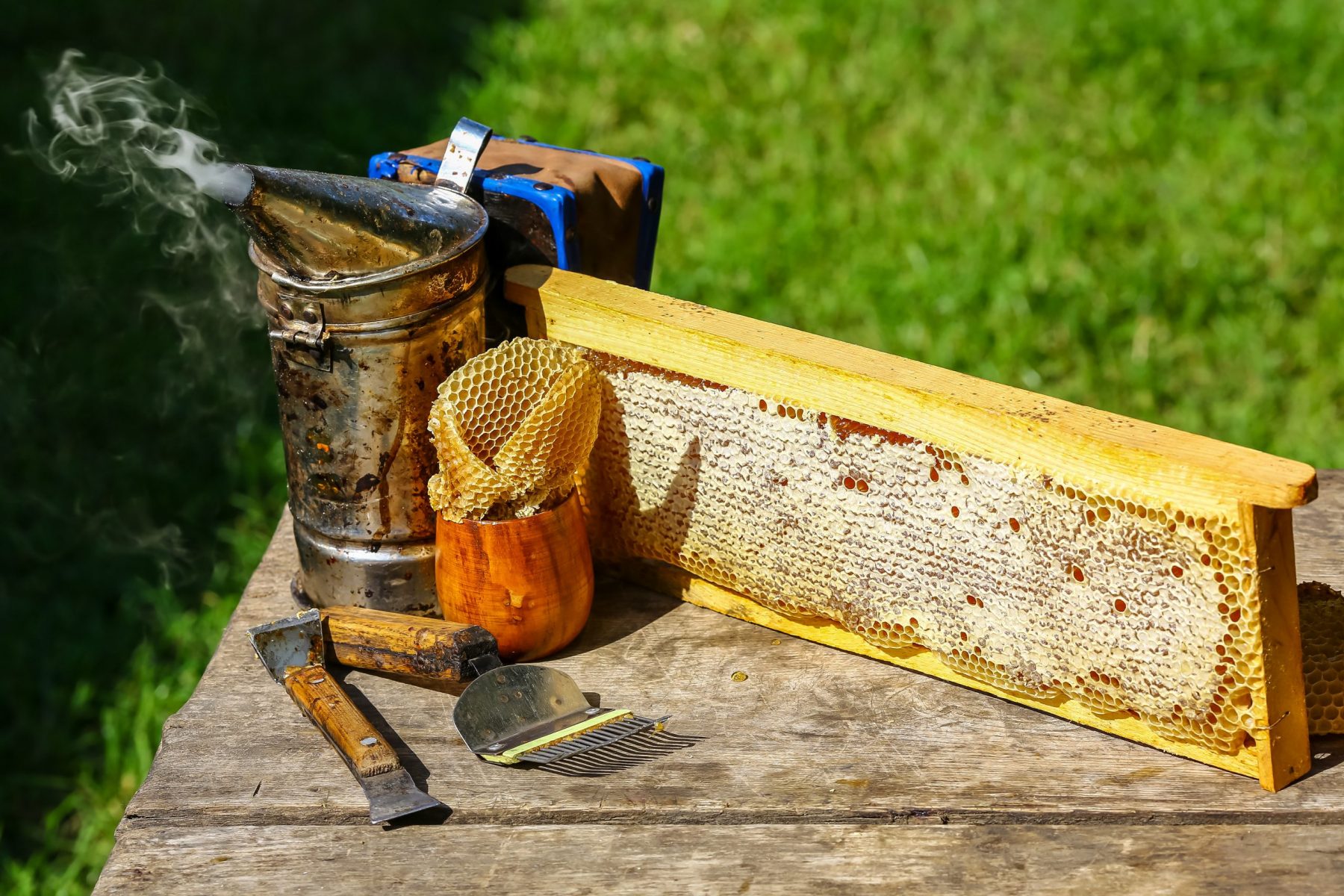 I. Introduction: A Buzzworthy Term Takes Flight
I. Introduction: A Buzzworthy Term Takes Flight
(A) The internet thrives on a constant evolution of language, with new slang terms emerging and captivating online communities. One such term, “beekeeping age,” has recently sparked curiosity and amusement, leaving many wondering: what exactly is beekeeping age? The answer, like many slang terms, is both playful and surprisingly insightful, offering a glimpse into our perception of middle age.
(B) Slang, by definition, is informal language often used by specific groups or communities. It injects humor, familiarity, and a sense of belonging into everyday communication. “Beekeeping age” perfectly embodies this spirit, offering a lighthearted way to describe a specific stage in life.
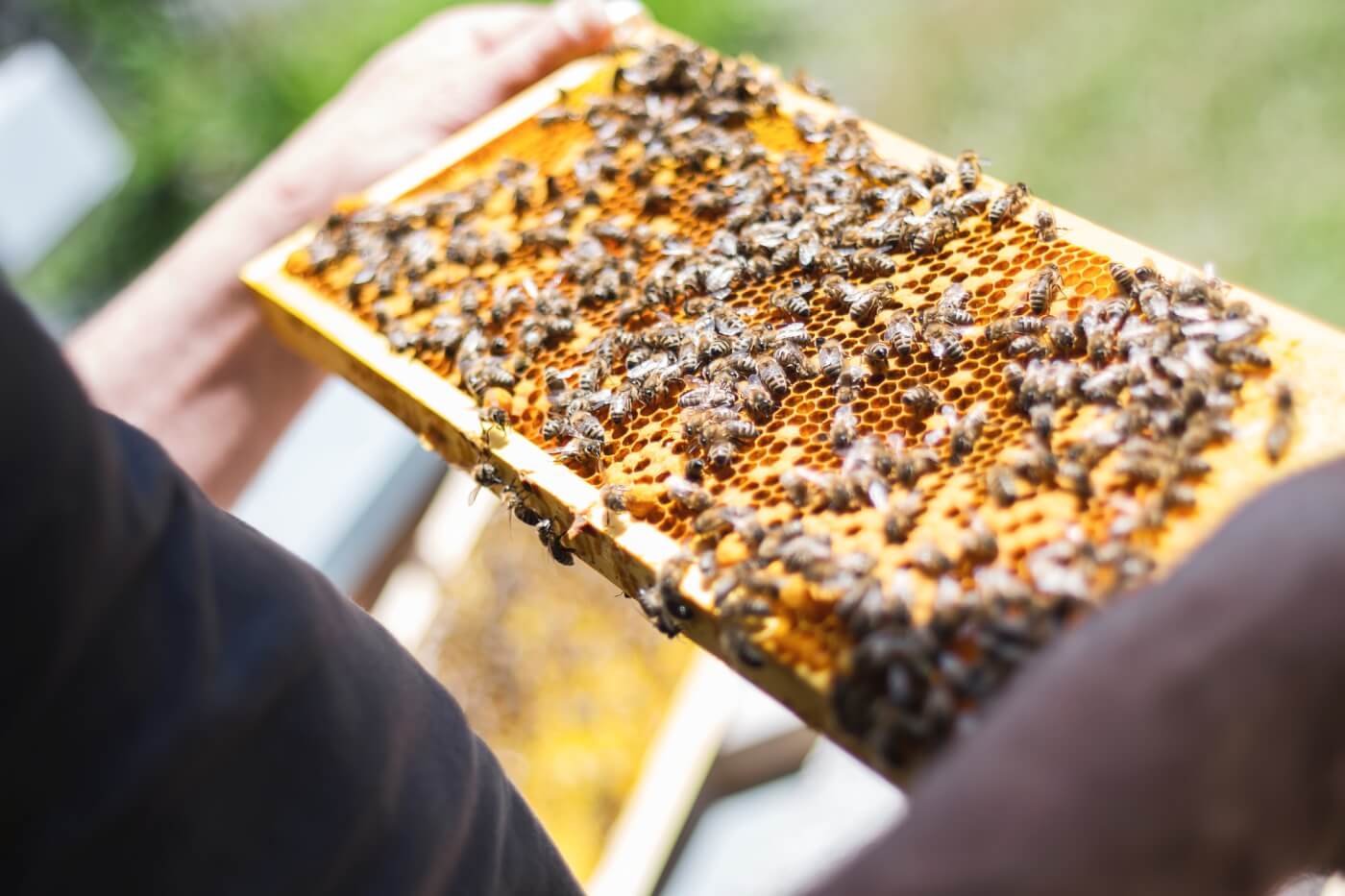
II. Tracing the Buzz Back to Its Source: The Birth of “Beekeeping Age”
(A) The exact origin of “beekeeping age” remains somewhat shrouded in mystery. However, its rise to internet fame likely stems from the popular adult animated sitcom “Rick and Morty.”
(B) In Season 4, Episode 8 titled “Promortyus,” a scene features Summer Smith, Rick Sanchez’s teenage granddaughter, expressing her newfound attraction to her middle-aged father, Jerry. In a veiled attempt to explain her feelings, she mentions finding him to be “in his beekeeping age.” This seemingly random comment sparked a wave of online discussion and memes, propelling the term “beekeeping age” into the social media spotlight.
III. Beyond the Honeycomb: Unpacking the Meaning of “Beekeeping Age”
(A) On the surface, “beekeeping age” refers to the literal practice of beekeeping, a hobby often associated with tranquility and a connection to nature. Beekeepers tend to their hives with care and patience, cultivating a sense of peace and fulfillment.
(B) However, the true allure of “beekeeping age” lies in its figurative meaning. It suggests a stage in middle age characterized by a newfound appreciation for life’s simple pleasures, a sense of calm after the storms of youth, and a focus on personal well-being. Imagine someone confidently navigating life, finding joy in quiet pursuits like beekeeping – that’s the essence of “beekeeping age.”
IV. The Allure of Maturity: Embracing the “Beekeeping Age” Mindset
(A) Stepping into middle age often coincides with a period of self-discovery and acceptance. Gone are the anxieties of youth, replaced by a deeper understanding of oneself and a focus on what truly matters.
(B) The “beekeeping age” mindset embraces this shift. It celebrates personal growth, a passion for hobbies and interests, and the desire for meaningful connections. It’s about finding fulfillment outside the relentless pursuit of career goals and societal expectations.
V. Age is Just a Number: “Beekeeping Age” as a State of Mind
(A) It’s crucial to understand that “beekeeping age” isn’t strictly defined by a specific age range. It’s more a state of mind and an approach to life that anyone can embody.
(B) Whether you’re in your 30s or 50s, you can embrace the essence of “beekeeping age” by prioritizing self-care, pursuing passions with enthusiasm, and cultivating a sense of peace and gratitude in your daily life.

VI. From Memes to Mainstream: “Beekeeping Age” in the Media Spotlight
(A) The term “beekeeping age” has transcended its origins in “Rick and Morty,” finding its way into various corners of the internet. Social media posts, online discussions, and even news articles reference the term, often with a humorous or relatable tone.
(B) The use of “beekeeping age” varies depending on the context. Sometimes it’s used playfully to describe someone’s newfound appreciation for quieter pursuits. Other times, it might be used as a lighthearted way to acknowledge the appeal of someone in middle age.
VII. Gender and Perception: Is “Beekeeping Age” Different for Men and Women?
(A) Slang terms can sometimes carry unintentional gendered connotations. “Beekeeping age” is no exception, with some suggesting it might be applied differently to men and women.
(B) When used for men, “beekeeping age” might evoke a sense of newfound confidence and a focus on personal fulfillment. For women, the term might face the challenge of societal expectations around aging and appearance. It’s important to be mindful of these potential biases to ensure the term is used inclusively.
VIII. A Universal Buzz: “Beekeeping Age” Across Culture
(A) The concept of “beekeeping age” may not translate perfectly across all cultures. Individualistic cultures might resonate with the emphasis on personal fulfillment and self-discovery. However, collectivistic cultures might place more importance on societal expectations and roles within the family structure.
(B) Despite these differences, the core message of “beekeeping age” – finding peace and enjoyment in a specific stage of life – might still hold universal appeal. Individuals from diverse backgrounds can relate to the desire for stability, meaningful connections, and a sense of purpose that often comes with middle age.
IX. The Enduring Buzz: Why “Beekeeping Age” Continues to Resonate
(A) The enduring appeal of “beekeeping age” stems from several factors. Firstly, it offers a lighthearted and positive reframe for a life stage sometimes viewed negatively. Middle age can be burdened with expectations of career peaks, societal pressures, and a sense of lost youth. “Beekeeping age” flips this script, emphasizing the tranquility, self-discovery, and focus on personal well-being that often blossom during this time.
(B) Secondly, the term boasts remarkable adaptability. Unlike many slang terms that fade with time, “beekeeping age” has the potential to evolve alongside our changing perceptions of aging. As societal norms shift towards prioritizing wellness and environmental consciousness, the “beekeeping age” might come to represent a dedication to these values. Perhaps it will signify a renewed passion for learning, pursuing hobbies, or contributing to the community – a time for personal growth that extends beyond traditional career paths.
X. Conclusion: Owning Your “Beekeeping Age” with Authenticity
(A) “Beekeeping age” offers a unique window into our evolving perception of middle age. It highlights the value of self-acceptance, personal growth, and finding joy in the simpler things. Whether you’re already embracing your “beekeeping age” or just beginning to navigate this stage in life, remember that it’s a time of immense potential and self-discovery.
(B) Embrace the positive aspects of middle age – the wisdom, the confidence, and the ability to prioritize what truly matters. Let go of societal pressures and embrace a lifestyle that brings you peace and fulfillment. After all, your “beekeeping age” is your own unique story to tell, and it’s a story worth cherishing.
